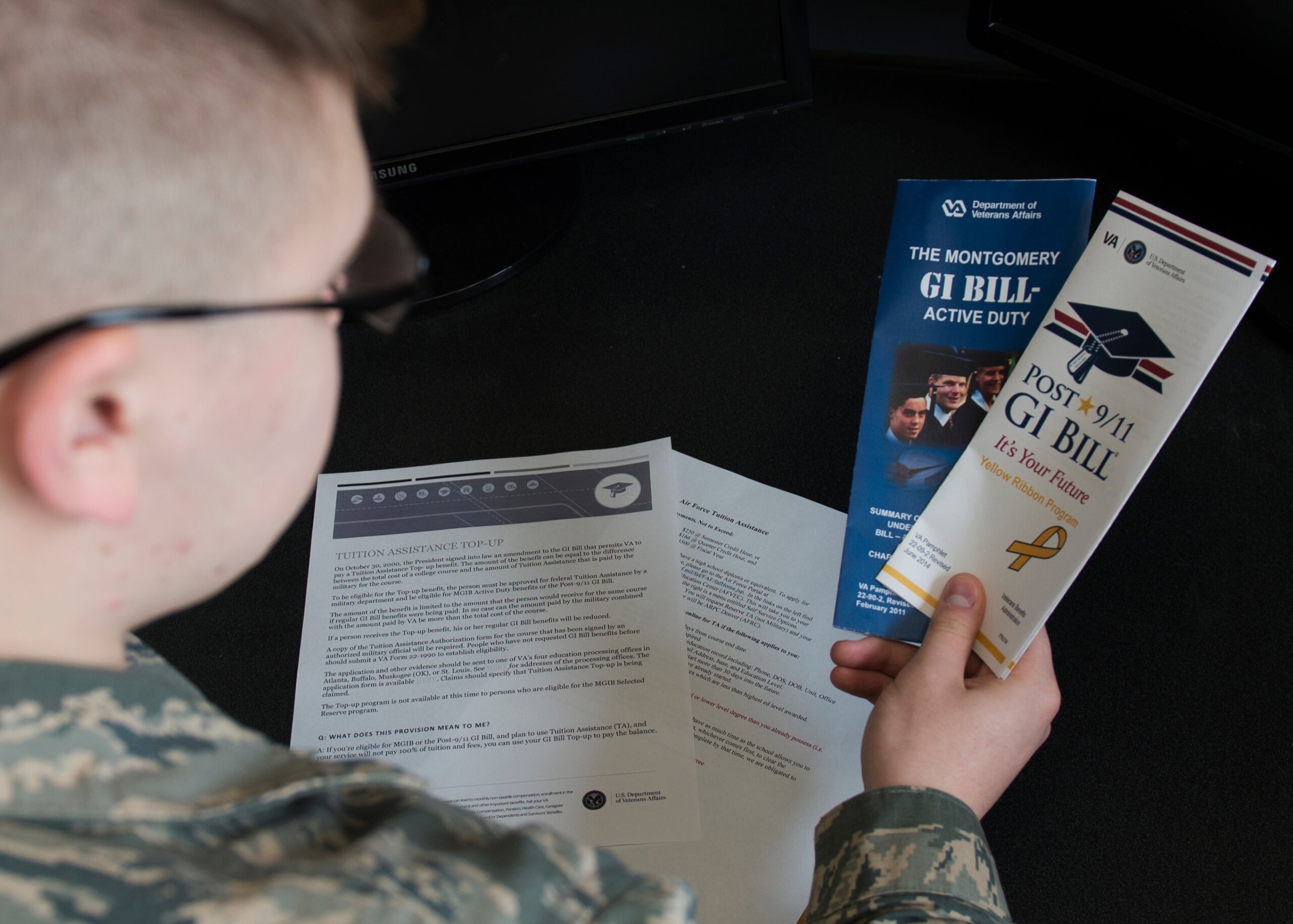Addressing stereotypes about veterans with an approach that focuses on biases, may improve the career plans veterans desire after their active time in military service, a new study in Perspectives on Psychological Science finds.
According to researchers at Duke University, veterans tend to be underemployed in comparison to non-veterans, with their skillset widely underused. This is despite the overwhelmingly positive reception of veterans among the general population.
“Veterans transitioning to civilian society face a number of challenges related to fulfilling basic psychological needs (e.g., need for structure and order, belonging) and civilians’ reliance on stereotypes to understand military veterans,” the study reads.
“In an attempt to enrich the understanding of these challenges, we integrate social psychological theories and insights with research from sociology, clinical psychology, military psychology, and organizational behavior.”
What the research uncovered was that hiring managers tended to exclude veterans from acquiring capacities that require vast levels of human interaction, despite of qualification for the role.
“An important thing to remember in the context of all this is that the workforce is moving in a direction in which employers, no matter what kind of jobs they’re looking for, tend to want people to have these emotional skills, and to be able to do things that robots and computers can’t do. The job landscape is moving in this direction,” the study concluded.


